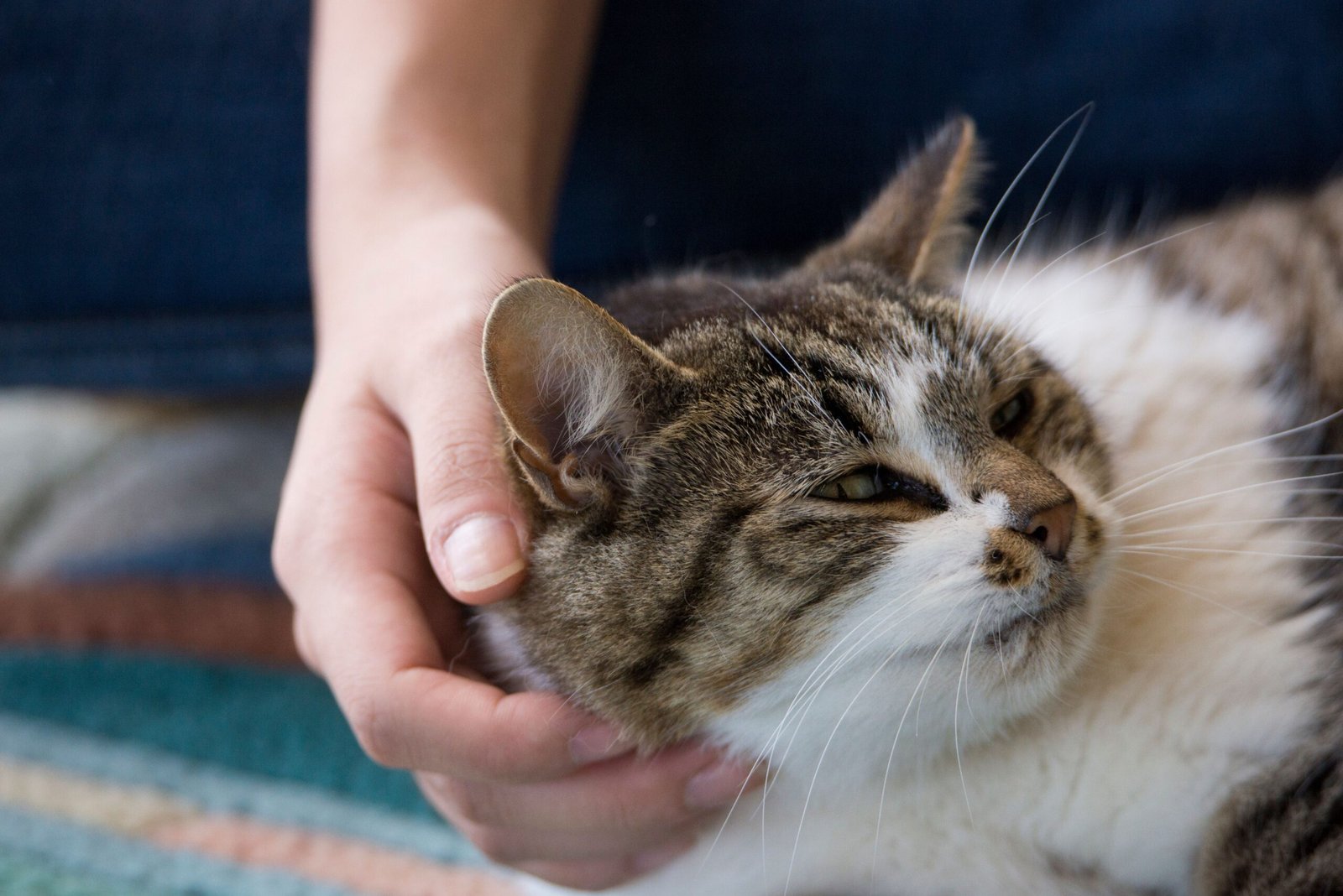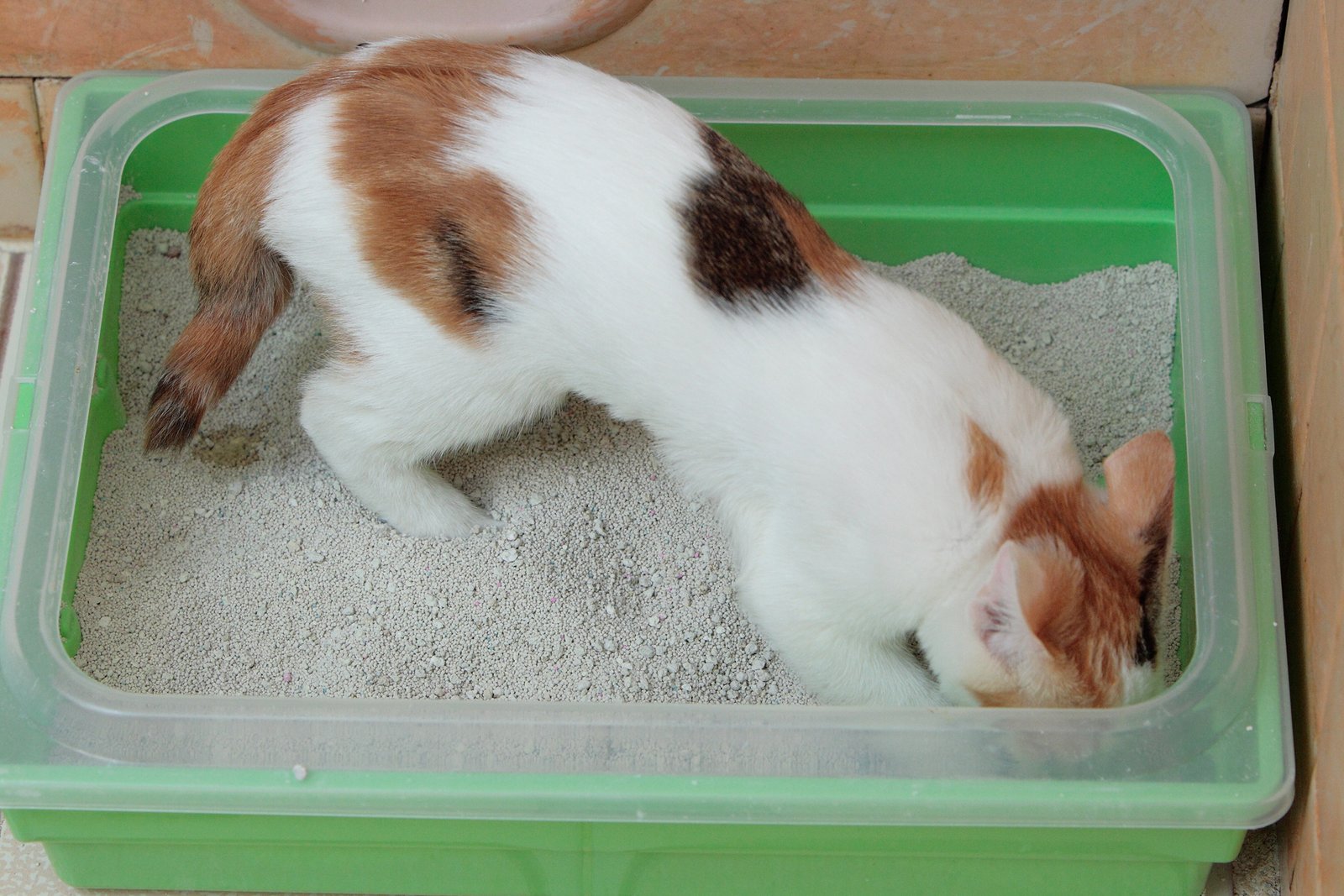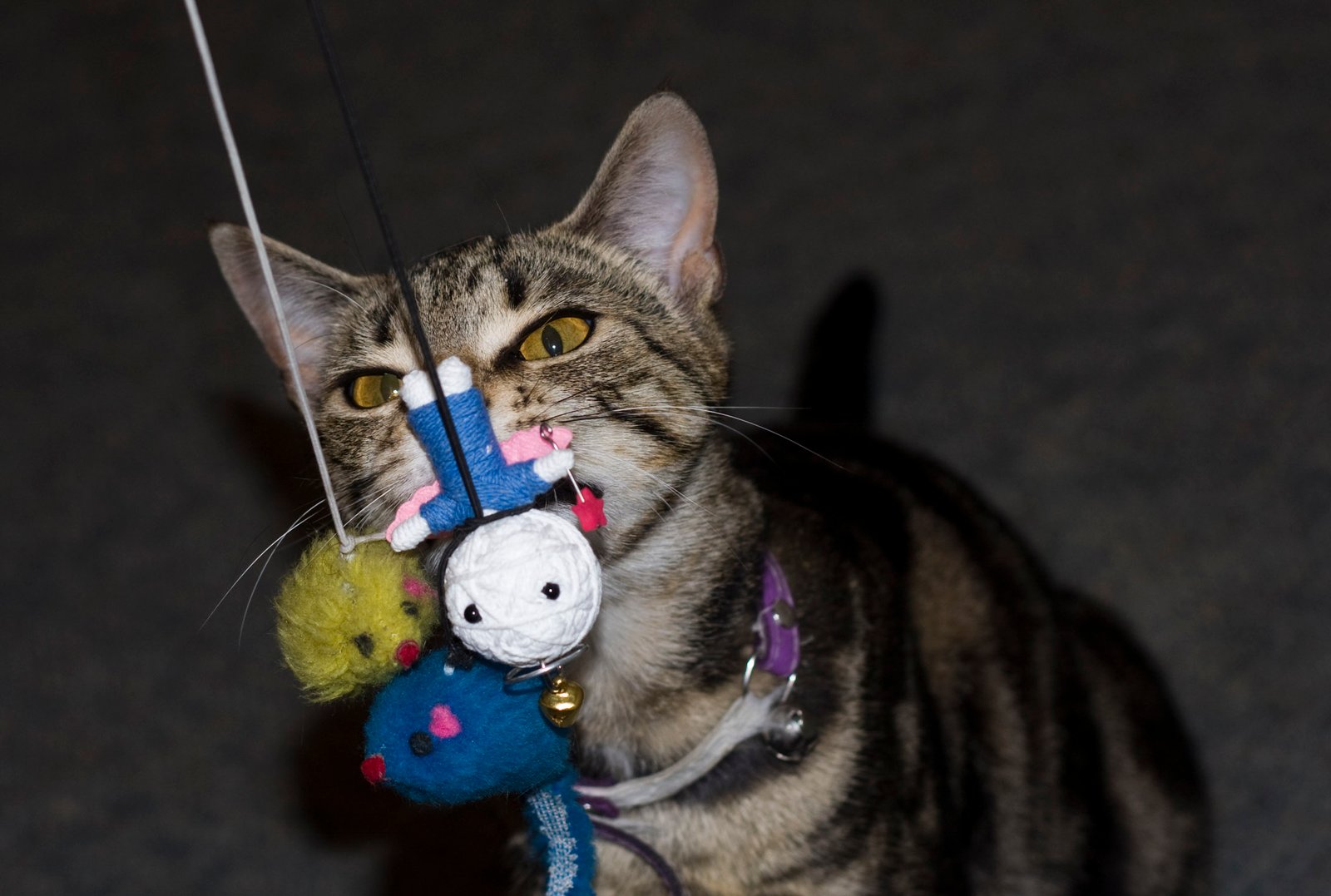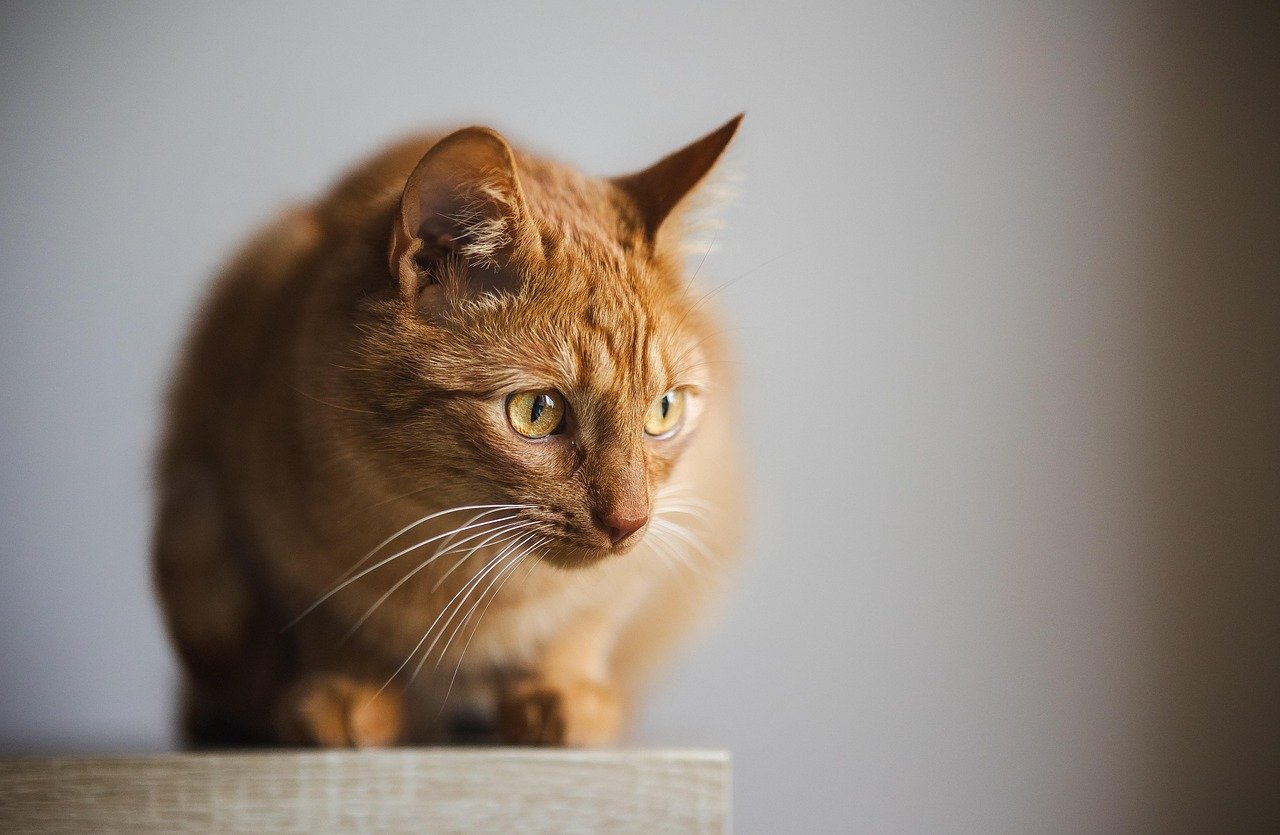Have you ever wondered why your cat gives you “the look”—that cool, mysterious stare that seems to hold a thousand secrets? Maybe you’ve felt a swipe at your hand just as you tried to cuddle, or found your feline friend suddenly vanishing when you walk into the room. It’s easy to forget that cats, with their expressive eyes and quirky habits, don’t always appreciate our human ways. As cat lovers, we all want to shower our pets with affection, but sometimes our actions—no matter how well-intentioned—can leave our cats feeling annoyed or uncomfortable. Let’s dive into the surprising world of feline feelings and uncover 10 ways you could be bugging your cat without even knowing it.
Ignoring Their Need for Space

You may adore your cat—but that doesn’t mean your cat adores everything you do. Felines are famously particular creatures, and even the most well-meaning gestures can sometimes rub them the wrong way. From too much attention to not enough personal space, our everyday habits might be sending the wrong message to our mysterious little companions.
Cats are famously independent, and it’s no secret they need their personal bubble. Just like people, cats can get overwhelmed by too much attention or physical contact. If you constantly pick up your cat, follow them from room to room, or insist on petting them when they’re not in the mood, you might be crossing a boundary. Many cats will slink away, flick their tails, or even give a gentle nip as a polite “please back off.” It’s important to let your cat come to you for affection. Try to read their body language—flattened ears, twitching tails, and dilated pupils are all signs they need a break. Giving them space not only shows respect, but also builds trust over time.
Making Loud Noises
Sudden, loud noises are a major source of stress for cats. Their hearing is far more sensitive than ours—imagine hearing a door slam or the vacuum roar at double the volume! Even everyday sounds like shouting, loud music, or clattering dishes can send your cat running for cover. Frequent exposure to loud noises may cause anxiety, and some cats might even develop nervous behaviors like hiding, over-grooming, or refusing to eat. If you want your cat to feel safe and relaxed, try to keep the volume down, especially in their favorite spaces. Soft voices and gentle movements work wonders in making them feel at home.
Petting Them the Wrong Way

While some cats love a good head scratch or a gentle back rub, others are much pickier about where—and how—they like to be touched. Many cats dislike being petted on their bellies, tails, or paws, and will let you know with a quick swat or by darting away. Overzealous petting, rough strokes, or sudden touches can make your cat feel uneasy or even threatened. Pay attention to how your cat responds: if they lean in, purr, or nuzzle your hand, you’re probably on the right track. But if they stiffen, squirm, or flick their tail, it’s time to stop. Learning your cat’s preferences shows you care about their comfort.
Forcing Social Interaction
Cats aren’t always in the mood for company, especially if they’re shy or have just met someone new. Insisting that your cat greet house guests, children, or even other pets can make them feel anxious and overwhelmed. Some cats need time to warm up to strangers, and pushing them into social situations can lead to stress or defensive behavior. It’s best to let your cat set the pace. Provide safe hiding spots where they can retreat if they feel crowded, and encourage visitors to let the cat come to them. A little patience goes a long way in helping your cat feel secure.
Disrupting Their Routine
Cats are creatures of habit, and they find comfort in predictability. Sudden changes in their daily routine—like feeding times, play sessions, or litter box cleaning—can throw them off balance. For example, moving their food dish, rearranging furniture, or changing your work schedule might seem harmless to you, but it can confuse and upset your cat. You might notice them acting out, refusing food, or becoming withdrawn. To keep your cat happy, try to stick to a consistent schedule for meals, playtime, and cuddles. Small, gradual changes are easier for your cat to handle.
Neglecting Their Litter Box

A dirty litter box is every cat’s nightmare. Cats are exceptionally clean animals, and a soiled or smelly litter box can quickly become a source of stress or frustration. If the box isn’t cleaned regularly, your cat may start avoiding it altogether, leading to unpleasant surprises around the house. Some cats are also picky about the type of litter or the location of their box. Make it a habit to scoop the litter at least once or twice a day, and wash the box weekly. A clean, accessible litter box shows your cat you respect their needs and helps prevent behavioral problems.
Overstimulating with Play

Playtime is essential for a cat’s health and happiness, but too much excitement can quickly turn into overstimulation. Rapid movements, noisy toys, or sudden bursts of activity might overwhelm your cat, causing them to lash out or retreat. Watch for signs like dilated pupils, twitching tails, or sudden biting—these mean your cat has had enough. Remember, every cat has a different energy level. While some love chasing toys for hours, others prefer short, gentle play sessions. Tailor your approach to suit your cat’s personality, and always give them time to wind down.
Dressing Them Up

As adorable as a tiny sweater or a cute costume might look, most cats find clothing uncomfortable and restrictive. Unlike dogs, cats aren’t naturally inclined to wear outfits, and forcing them into clothes can make them feel trapped or anxious. Some cats will freeze, try to wiggle out, or even panic when dressed up. Instead of putting your cat in outfits, let their beautiful fur be their fashion statement. If you must use clothing for medical reasons, choose lightweight, comfortable options and introduce them slowly, rewarding your cat for calm behavior.
Ignoring Signs of Stress
Cats are masters at hiding their feelings, and stress often shows up in subtle ways. Changes in appetite, over-grooming, hiding, or even going outside the litter box can all signal that something’s wrong. It’s easy to overlook these signs or chalk them up to “cat quirks,” but ignoring them can lead to bigger health or behavior issues. Pay close attention to your cat’s habits and routines. If you notice any changes, try to identify what might be causing the stress—whether it’s a new pet, a loud noise, or a change at home. Addressing problems early can make a world of difference for your cat’s wellbeing.
Not Respecting Their Sleep
Cats sleep anywhere from 12 to 16 hours a day, often in short, luxurious naps. Disturbing your cat while they’re sleeping—by picking them up, petting them, or making loud noises—can leave them grumpy or stressed. Imagine if someone interrupted your deepest nap every time! Give your cat quiet, comfortable spots where they can snooze undisturbed. Watch how they curl up in sunny windowsills, cozy beds, or even cardboard boxes. By respecting their sleep, you give your cat the peace and security they crave.